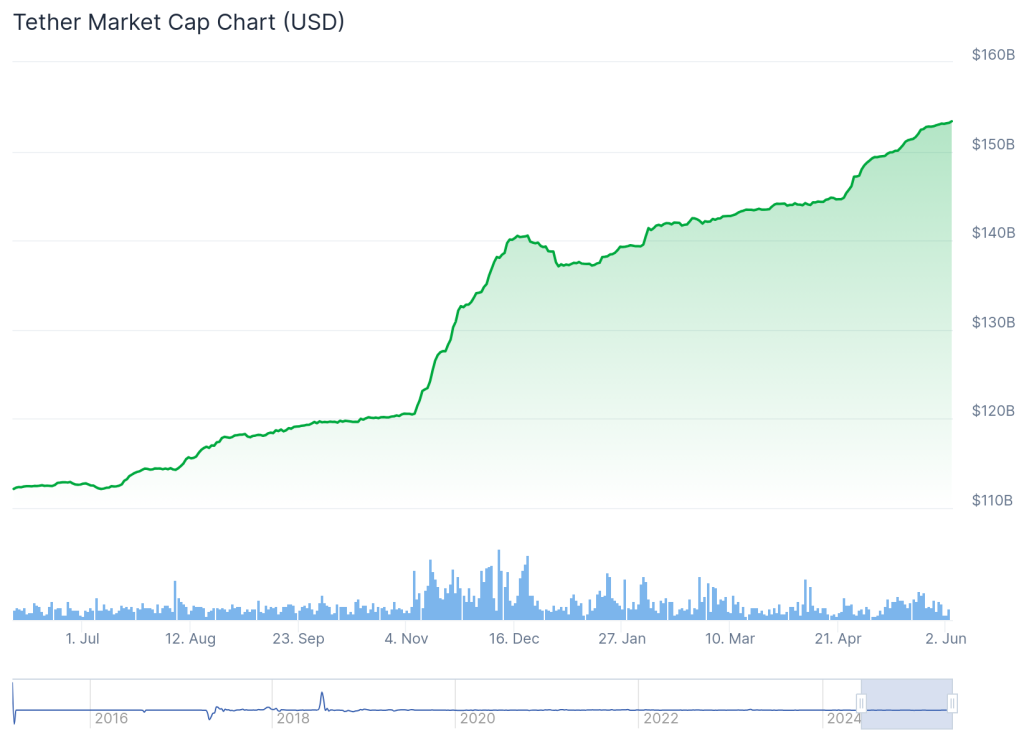Hong Kong Sets New Gold Standard with Aggressive Stablecoin Regulations
Move over, Wall Street—Hong Kong just rewrote the crypto rulebook. The city’s draconian new stablecoin framework makes MiCA look like a polite suggestion, forcing global players to comply or get left behind.
Key takeaways:
- Full asset backing required—no more algorithmic funny business
- Monthly attestations now mandatory (auditors rejoice)
- Licensing regime so strict it makes Swiss banks blush
While traditional finance scrambles to adapt, crypto natives see an opening. "Finally, a jurisdiction that understands stablecoins aren’t gambling chips," quipped one chain founder—before privately complaining about compliance costs cutting into his Lambo budget.
One thing’s clear: the era of wild west stablecoins is over. Whether this kills innovation or saves crypto from itself remains to be seen—but Hong Kong just became the only game in town for serious players.
What Hong Kong’s New Stablecoin Regulations Actually Require?
Hong Kong’s stablecoin framework lays out stringent reserve asset management requirements to ensure financial stability and user protection. Issuers must maintain full backing with high-quality, highly liquid assets such as short-term bank deposits and government securities, with no deductions for custodian fees. Reserve assets must generally be in the same currency as the stablecoin, with limited exceptions allowed under strict risk controls. Assets must be segregated from the issuer’s own funds and protected from creditor claims.
Further, issuers are barred from paying interest on stablecoins, though non-interest incentives are allowed. Regular disclosures, third-party audits, and immediate reporting of any discrepancies to the HKMA are mandatory, reinforcing transparency and oversight.
Stablecoin Regulations Could Facilitate Innovation in Cross-Border Payments
Out of $250 billion in total stablecoin supply, a massive $245.5 billion is backed by the U.S. dollar, according to CoinGecko data. Tether’s USDT leads the market with over $153 billion in capitalization, followed by Circle’s USDC at $60.9 billion. In a space overwhelmingly dominated by USD-backed tokens, a Hong Kong dollar–backed stablecoin WOULD give the city a competitive edge in cross-border payments and trade financeIt could also drive innovation in trade finance, offering businesses in Hong Kong a localized alternative within the global digital asset ecosystem. Viven explained:
“Stablecoins regulations could especially benefit SMEs in Hong Kong that need to settle international payments more efficiently. We also see potential for greater use in trade finance and streamlining remittances across the Greater Bay Area. A HKD-pegged stablecoin could greatly enhance cross-border payments, while a future RMB-pegged stablecoin might help integrate Hong Kong more closely with southern China.”

The three major firms accepted into the HKMA’s stablecoin sandbox are expected to receive licenses and launch stablecoins later this year. Viven noted that the initial launches will likely be backed by the Hong Kong dollar, with USD- and RMB-backed stablecoins to follow at a later stage.
Standard Chartered analysts project that the global stablecoin supply could surge nearly tenfold to $2 trillion by the end of 2028, spurred by anticipated U.S. legislation that would bring regulatory clarity to the sector. Such explosive growth would have significant implications for global capital flows, particularly in the demand for U.S. Treasuries, as stablecoins are typically backed by government debt. It could also strengthen the U.S. dollar’s dominance within the digital asset ecosystem.
Hong Kong’s Stablecoin Framework as a Global Test Case
The U.S. is advancing the GENIUS Act, aiming to create a comprehensive federal framework for stablecoins, which is expected to face a Senate vote this week. Meanwhile, Hong Kong has already taken the lead by passing its stablecoin regulations bill.
“There’s growing interest from Europe, where regulators are exploring similar frameworks and stablecoin mandates,” said Vivien Wong. “Major stablecoin firms are closely watching Hong Kong’s regulatory clarity and assessing the market potential. Their ongoing due diligence shows the global significance of Hong Kong’s stablecoin regulations.”

